A total of 24 local islanders from Redang and Perhentian Islands have completed a three-year capacity-building programme designed to equip them with the skills and knowledge to monitor marine biodiversity and co-manage marine ecosystems.
The initiative, which aims to strengthen long-term social, economic, and climate resilience in island communities, was funded under the Hasanah Special Grant by Yayasan Hasanah and the Ministry of Finance, and implemented by Reef Check Malaysia (RCM) in partnership with Fuze Ecoteer, Universiti Malaysia Terengganu (UMT), and the Department of Fisheries Malaysia (DoF).

The hands-on programme included reef monitoring, ghost net removal, and coral bleaching watch — combining theoretical learning with field-based training. Participants also embarked on a study visit to Tioman Island, where they learned from the pioneering Tioman Marine Conservation Group (TMCG), which has long served as a model for community-led conservation efforts.
“The 24 selected local youths from Perhentian and Redang Islands gained hands-on training in internationally recognized reef monitoring protocols (Reef Check) and marine biodiversity survey methods. This empowered them with scientific knowledge, practical conservation skills, and leadership experience,” said Alvin Chelliah, Chief Programmes Officer of Reef Check Malaysia.
Empowering local champions
Through this initiative, RCM and its partners developed a series of community-based training modules covering topics such as reef rehabilitation, coral reef ecology, crown-of-thorns management, coral bleaching, ghost net removal, and mooring buoy installation. These modules were compiled into a comprehensive training book in the local language, now available on Reef Check Malaysia’s website for public access.
Chelliah noted that the training has already begun to ripple outward within the communities. “Some went on to train others, becoming local champions of marine conservation and contributing data to national and global monitoring networks. Their involvement also opened pathways for future employment, collaboration, and recognition in environmental stewardship,” he said.

One highlight of the programme was the introduction of the ‘Adopt SeKarang’ initiative, which invites donors to support coral rehabilitation efforts. The campaign not only diversifies funding for conservation projects but also instils a sense of community ownership and pride in reef restoration.
A Sustainable Future for Island Communities
Regular biodiversity monitoring under the programme has generated vital data to assess reef health, detect threats such as crown-of-thorns outbreaks and ghost nets, and guide targeted conservation interventions. Rehabilitation activities helped restore degraded marine habitats, while standardized guidelines ensured consistency and coordination in community-based marine management.
“This project enhanced ecosystem resilience and laid the groundwork for sustainable marine resource management,” Chelliah added.
Beyond the scientific achievements, the programme also helped cultivate a deeper sense of environmental responsibility among residents. Through ongoing workshops, educational materials, and annual conservation programmes, local communities have become more aware of marine threats and better equipped to address them.
For many participants, the experience has been transformative. Hazim Hassan, a member of the Redang Marine Conservation Group (RMCG), said, “I am very proud to be part of RMCG. Since joining the group, I’ve had the opportunity to visit many places and learn about marine life in various locations. Beyond gaining knowledge, I also feel very happy to be able to contribute to the protection of Redang Island through conservation work. It has truly been a memorable experience.”
This year alone, the local Community Marine Conservation Groups (CMCGs) led over 50 conservation activities independently, reinforcing social cohesion and strengthening local governance.
For more information on Reef Check Malaysia and its conservation initiatives, visit www.reefcheck.org.my or contact [email protected].


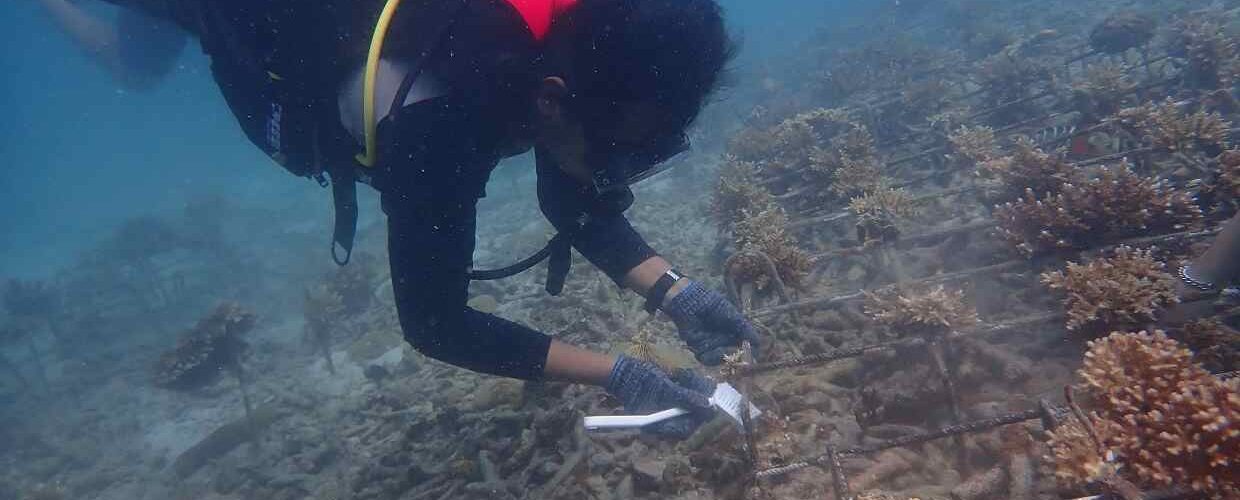
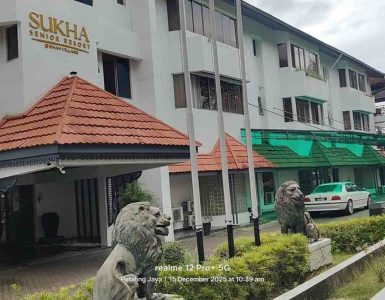
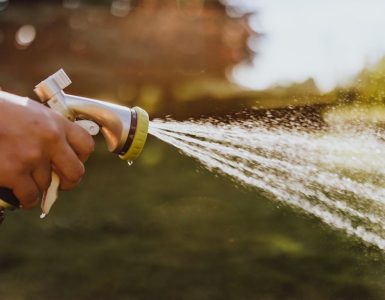
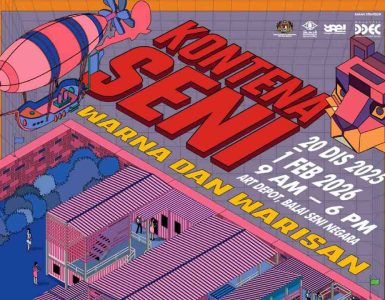
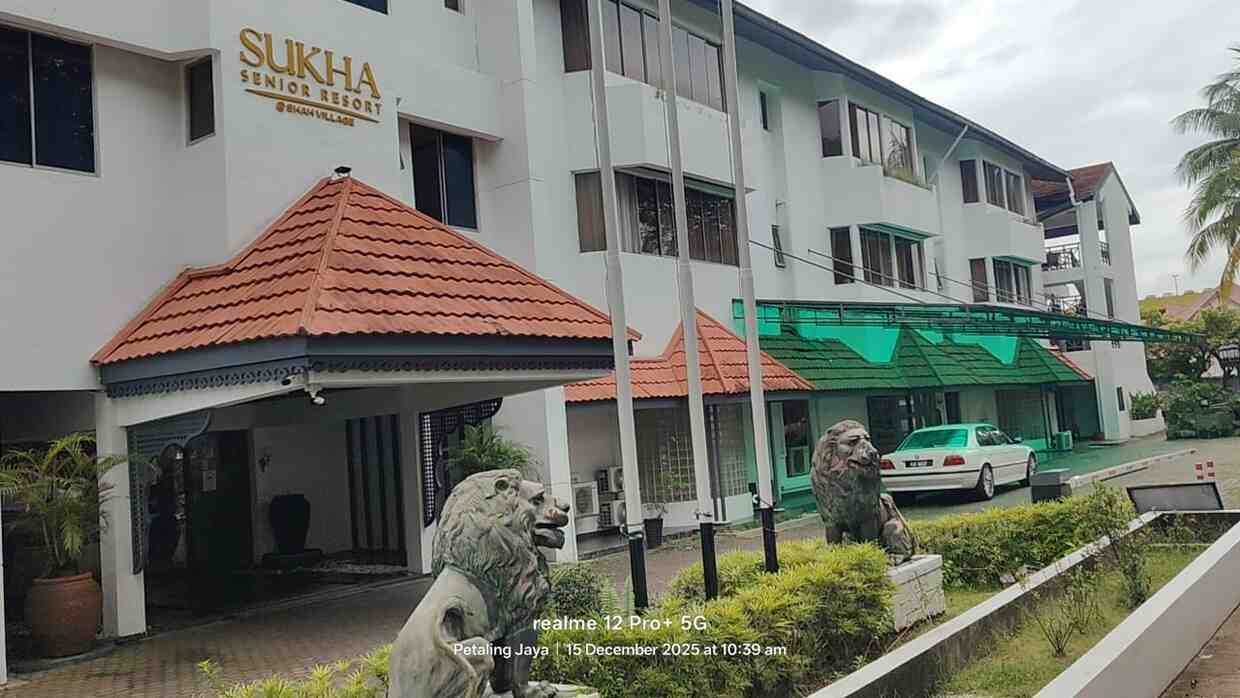
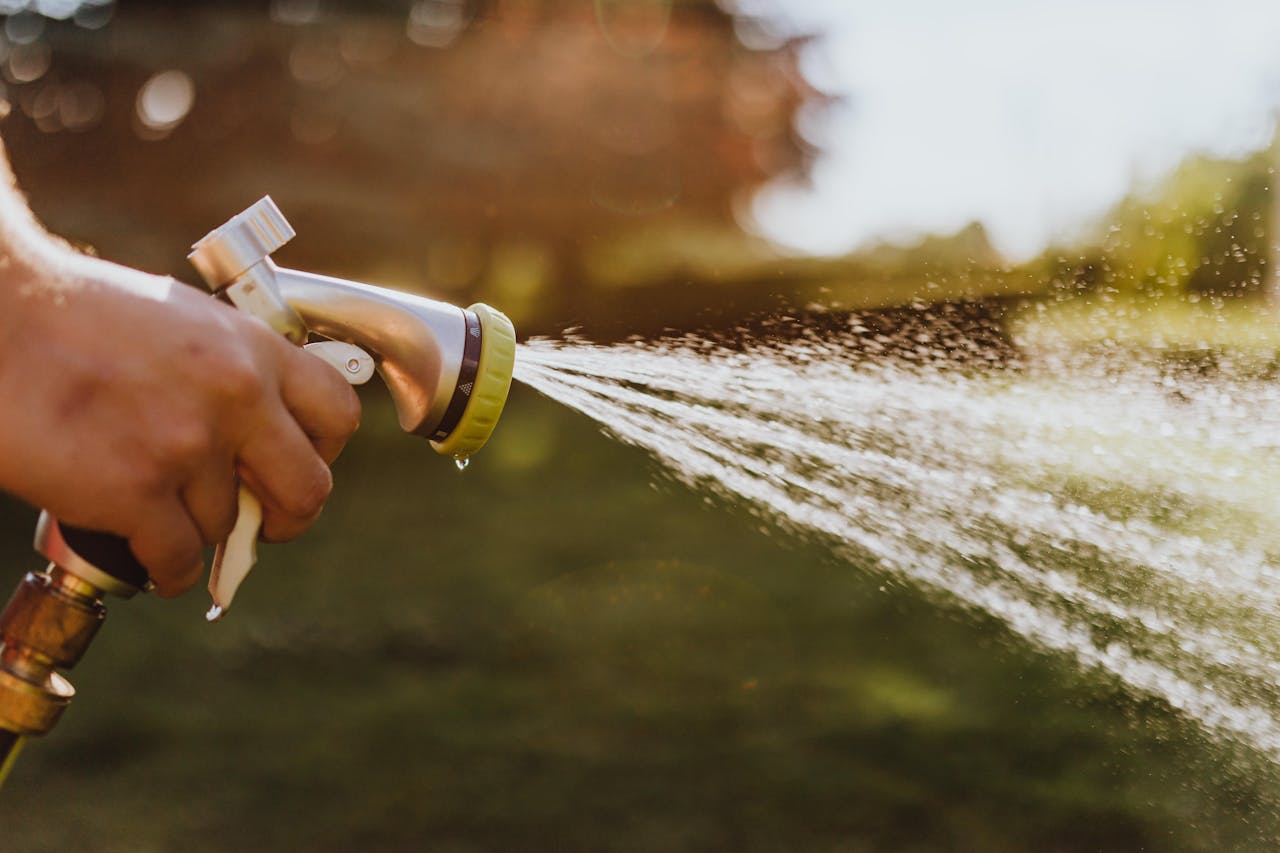
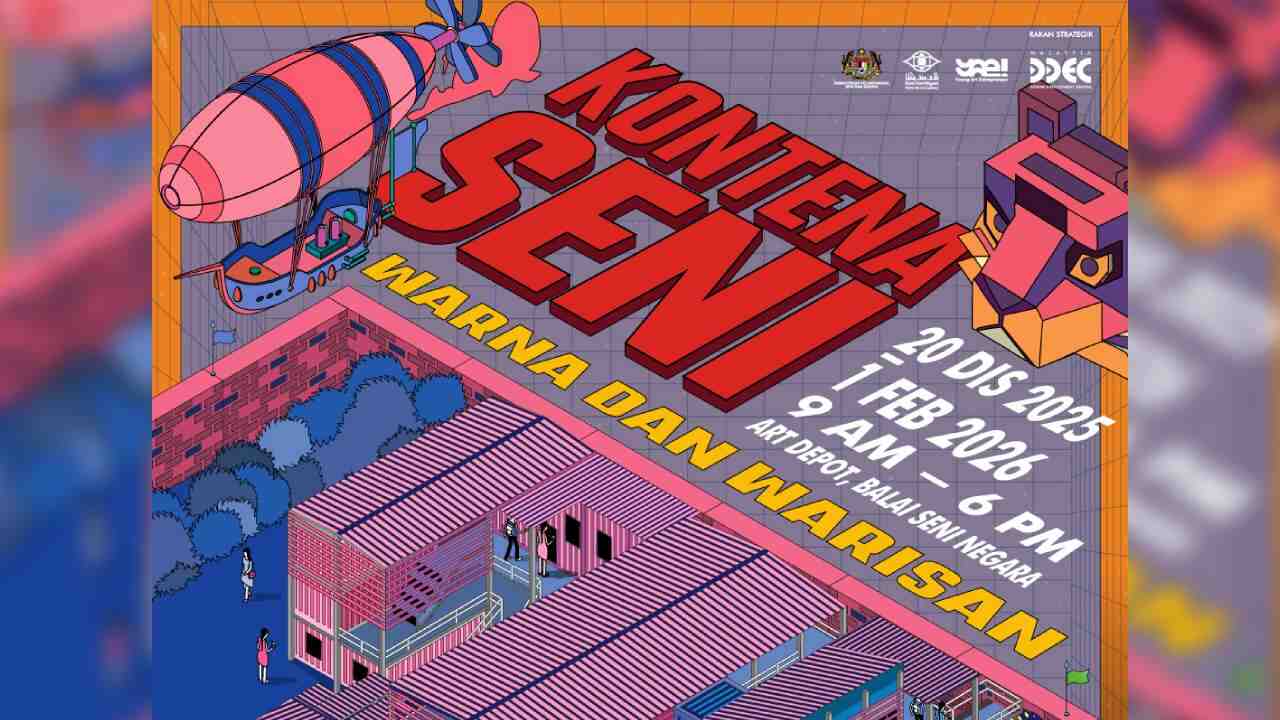



Add comment